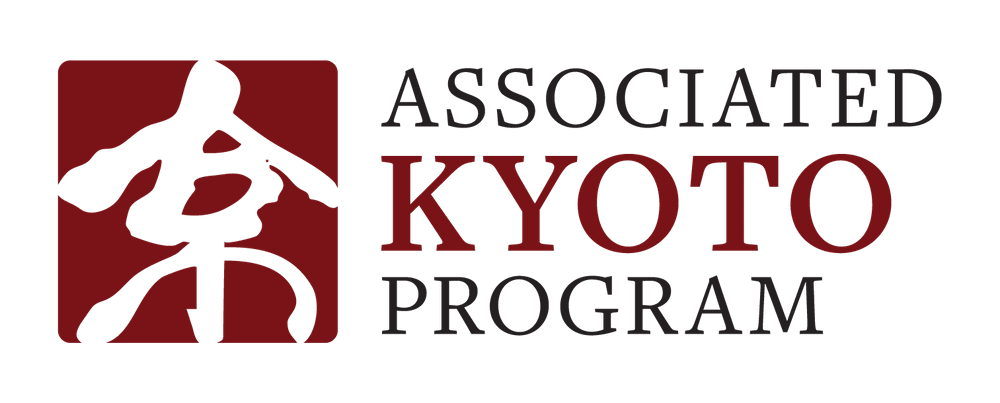“Keep an open mind. Smile. Like any relationship, it takes work. But it’s worth it. Looking back, my host family was probably one of, if not the best part, of my AKP experience.” – 2016 AKPer
Living with a homestay family is a privilege. It requires you to behave in a manner respectful of not just host culture values and laws, but also your homestay family’s rules and well-being. Students who live with a homestay family are expected to abide by the following guidelines.
Hygiene and Cleanliness
Maintain personal hygiene – Students should pay close attention to personal hygiene by bathing regularly and doing laundry often.
Maintain cleanliness of personal and shared spaces – Students are responsible for maintaining the cleanliness of their personal space and should also contribute to the cleanliness of shared spaces in their homestay. Examples of the latter include offering to help with mealtime cleanup and keeping personal items in your room. Upon departure from the program, your room must be thoroughly cleaned and emptied of all personal belongings and trash.
Property Usage and Fire Safety
Respect homestay family property – Furniture, fixtures, and other items in your homestay must be respected and nicely kept. Ask for permission before using household items and appliances. If you incur any damage or loss to homestay property, you will be responsible for the cost.
Ask before taking food or drink stored in the kitchen or elsewhere in the home – Your host family may be planning to use these items for future meals.
Adhere to fire safety measures – Japanese people are extremely cautious about fires, so it is important that you learn about and cooperate with your host family’s fire prevention measures. Turn off the gas appliances when you have finished using them. Do not smoke in the house and be careful to keep your bedding away from heaters.
Personal Travel and Guests
Respect curfews – Students must respect the curfew set by their host family. Host families often set curfews due to their sense of responsibility for your safety in Japan. These curfews tend to be based on train or bus schedules, which may end as early as 10 or 11 p.m., but many students find that their curfews are relaxed after earning their family’s trust. Should you be unavoidably late to your curfew, even if only by a few minutes, inform your host family members.
Keep your homestay family informed of your plans – Inform your host family of any travel plans, including where you’ll be and when. In particular, do not depart for overnight travel without first informing your host family well in advance. Host families may feel ill at ease if they do not know where you are.
Do not invite guests without permission – Students must ask their homestay family permission to invite guests to their home. Normally, Japanese people entertain friends and acquaintances at restaurants or coffee shops, rather than in their homes. If you want to invite a friend home, ask your host family well in advance and respect their response. Students are responsible for ensuring that their guests obey the guidelines listed here while visiting their homestay family.
Do not invite guests when your host family is not at home – Students are strictly prohibited from inviting guests over when their host family is not at home.
General Policies
Respect homestay family’s privacy and boundaries – By living in their homes, you may find yourself privy to relatively sensitive information about your homestay family’s personal life, such as medical issues or family struggles. Avoid sharing this minformation outside of your homestay family unless you are given explicit permission to do so.
Moderate noise levels – In general, students should be conscious of their noise levels so that they do not disturb their homestay family or neighbors. This is particularly important at night. If you have an instrument, please refrain from practicing inside your homestay unless explicitly given permission. It is recommended that students arrange to practice at an outside practice venue. Note that it may be difficult to find such venues, and past students who have brought their instruments to Kyoto often found themselves rarely using their instrument given various logistical or time constraints.
Do not borrow money from your homestay family -If necessary, the AKP Kyoto Center will lend money in an emergency.
Do not accept expensive gifts from your homestay family
Do not drink alcohol alone in your room – refer to the Alcohol and Drug Abuse Policy in the student handbook for more information on AKP’s alcohol use policies.
Do not operate motor vehicles – For safety and liability reasons, you may not operate cars, motorbikes, or any other motorized vehicles, even if invited to by your homestay family.
Students who fail to follow the Homestay Code of Conduct may be subject to disciplinary action as described in the Student Code of Conduct. Disciplinary action may include removal of the student from their homestay and/or dismissal from the program without credit or refund. Whenever possible, AKP will work to mediate the situation between homestay and student before resorting to such disciplinary measures.
